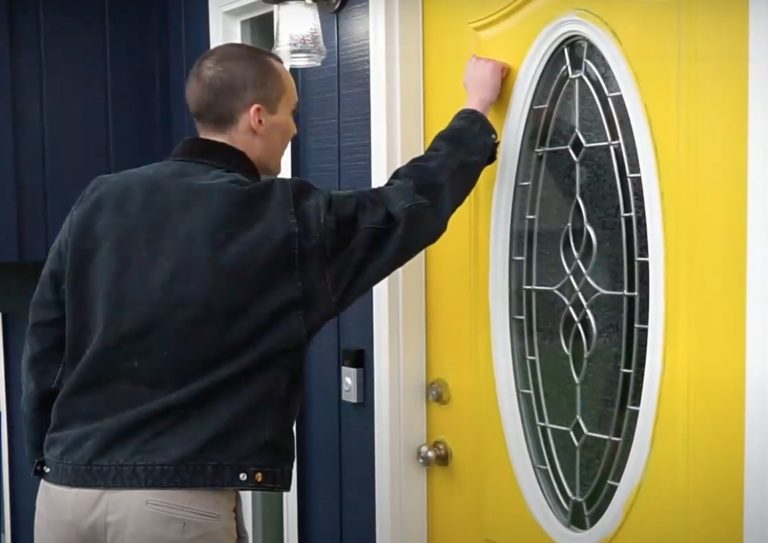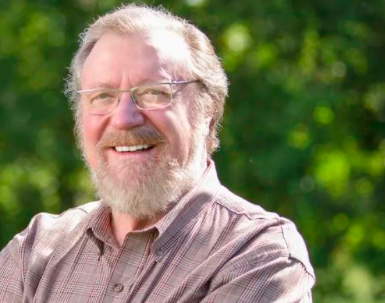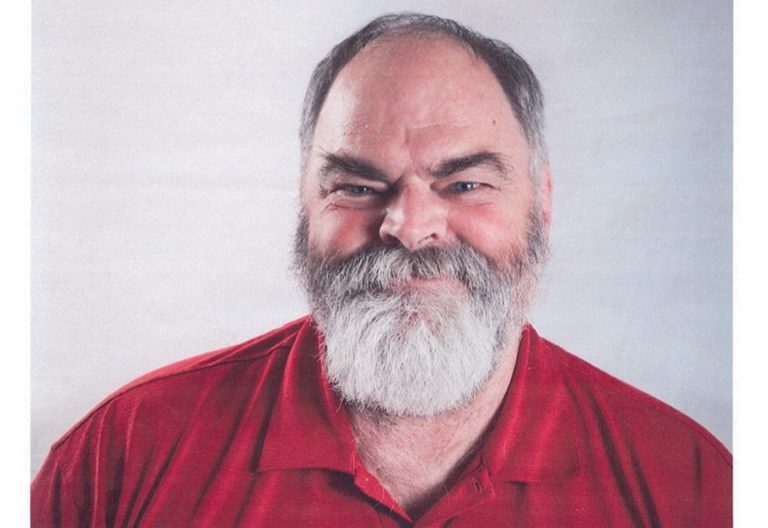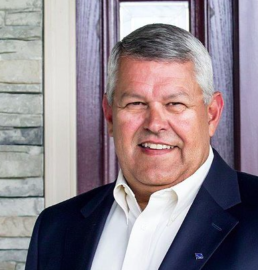A LOOK AT THE DEMOCRAT NOMINEE FOR DISTRICT 25
Like a dozen other “pretend independent” candidates running this year in Alaska House and Senate districts, Calvin Schrage is funded by Democrats, plans to caucus with Democrats, and is trying to convince voters that he is, implausibly, independent.
With frat-boy good looks and a tutoring career, he is going up against a legendary Alaska hunting guide — Rep. Mel Gillis, who was appointed by Gov. Mike Dunleavy to fill the House District 25 seat, when Josh Revak moved to the Senate. Gillis is a moderate Republican who moved to the state right after the Great Earthquake of 1964, and has worked as an oil platform roughneck, a construction worker, and a guide.
Schrage says he is a liberal. He calls himself a progressive who favors a state income tax. And he says he’s part of a new generation of leadership. He is a tutor who helps high school students pass their SAT exams.
The last time an income tax was seriously proposed was in 2017, when Gov. Bill Walker and House Democrats proposed a personal income tax of between 2.5 percent for those making over $20,600 and 7% for those making over $250,000.
If that tax had passed the Senate, the cost to an average Alaskans was going to be $900 a year, the fiscal note said. In other words, most of your Permanent Fund dividend. That was another aspect of HB 115 — the State could conveniently just deduct the state income tax from your dividend.
Schrage has the support of the Anchorage Assembly’s hard-left liberals, with donations from Assembly members Felix Rivera, John Weddleton, Austin Quinn-Davidson, Chris Constant, and Suzanne LaFrance.
These are the Assembly members who locked the public out of Assembly meetings all summer, while they passed major ordinances that impact the lives of people across Anchorage.
There is a move afoot to recall several assembly members for offenses ranging from violating the Alaska Open Meetings Act to laundering the CARES Act monies to pay for a suite of services for Anchorage’s vagrant community.
Schrage is the executive director of Frontier Tutoring LLC. He has been associated with the company since 2014, before he graduated from college.
Schrage said in a meeting with the Democratic Bartlett Club this year that he is not door-knocking in the district because it is too COVID-dangerous, but observers say his mother has been spotted in the district door-knocking on her son’s behalf and looking for yard sign locations.
Schrage lists his supporters, and 90 percent of them are Democrats:
- Alaska AFL-CIO
- IBEW Local 1547
- Anchorage Education Association
- Anchorage Firefighters, Local 1264
- Anchorage Police Department Employees
- Anchorage Central Labor Council
- Alaska Public Employees Association
- Alaska State Employee Association
- International Operating Engineers, Local 302
- Painters and Allied Trades, Local 1959
- Teamsters Local 959
- Alaskans Together for Equality
- The Alaska Center
- Adam Wool, Democrat
- Amber Lee, Democrat
- Andy Josephson, Democrat
- Austin Quinn-Davidson, Democrat
- Berta Gardner, Democrat
- Bill Walker, nondeclared
- Bill Wielechowski, Democrat
- Bryce Edgmon, Democrat
- Charisse Millett, Republican
- Chris Tuck, Democrat
- Dan Ortiz, caucuses with Democrats
- Deena Mitchell, non declared
- Elvi Gray-Jackson, Democrat
- Eric Croft, Democrat
- Geran Tarr, Democrat
- Harriet Drummond, Democrat
- Harry Crawford, Democrat
- Ivy Spohnholz, Democrat
- Jesse Kiehl, Democrat
- John Weddleton, nonpartisan
- Johny Ellis, Democrat
- Jonathan Kreiss-Tomkins, Democrat
- Katherine Pfieffer
- Les Gara, Democrat
- Mark Begich, Democrat
- Matt Claman, Democrat
- Mike Coumbe, Democrat
- Paul Seaton, nonpartisan
- Pat Higgins, Democrat
- Patti Higgins, Democrat
- Sara Hannan, Democrat
- Scott Kawasaki, Democrat
- Susan Soule, , Democrat
- Suzanne LaFrance, nonpartisan
- Tom Begich, Democrat







